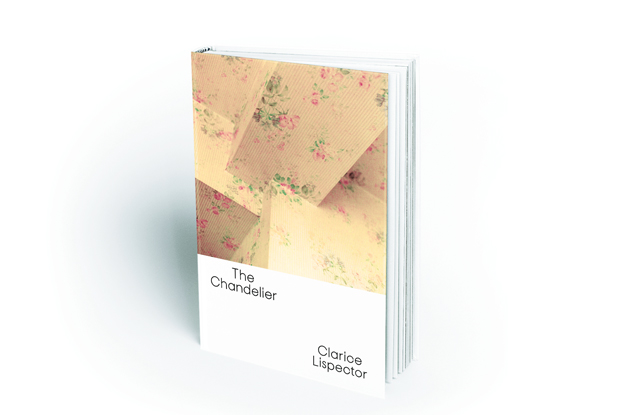This article is adapted from Americas Quarterly’s print issue on Venezuela after Maduro
Newcomers to Brazilian author Clarice Lispector’s work often find it bewildering. Her second novel, The Chandelier — now available in its first translation into English — is likely to be no exception.
For devoted Lispector readers, this isn’t necessarily a bad thing, and this book gives us a closer look into the development of her style and sensibility.
The novel opens with Virginia, the protagonist and the youngest of three children, and her mercurial brother Daniel. Standing on a precarious bridge over a river in rural Brazil, they spot a soggy hat fighting the swirling waters in what becomes a metaphor for Virginia’s lifelong internal struggle. The siblings make a pact to tell no one what they’ve seen, and thus begins a childhood (and later, adulthood) that is shrouded in foreboding. Their tiny secret society casts a pall of mystery and intrigue over Quiet Farm, the family estate with the large house whose spidery chandelier gives the novel its name.
From the outset, Virginia’s pact with her brother propels her deeper into herself. Despite this inward turn, the development of a private language between the siblings betrays Virginia’s longing for communication (and communion), both of which ultimately prove elusive throughout the novel. Though not written in the first person, the narrative is delivered through Virginia’s perspective, and it follows her search for a language to describe the world as she sees it. Lispector’s signature narrative style, which borders on stream-of-consciousness, is the vehicle for Virginia’s existential dilemmas and her observations about a world from which she often seems removed. The Chandelier includes all the earmarks of Lispector’s other work, too: a deep anguish, a search for the heart of human existence, and the unbearable weight of a solitude that is imperative to ultimate freedom.
Readers who were taken with Joana, the protagonist of Lispector’s first novel, Near to the Wild Heart, are likely to find themselves similarly smitten with Virginia. Both characters share a fierce introspection and are aware that, in some way, they stand out from the milieu in which they circulate. Readers who enjoyed Lúcio Cardoso’s Chronicle of the Murdered House, published in English translation for the first time last year by Open Letter Books, will likewise find similarities to that lurid tale of a dissolute family in a Brazilian backwater. (The Chandelier was published 13 years before Cardoso’s 1959 work.)
What is often eclipsed by Lispector’s focus on the metaphysical is her examination of social questions. The Chandelier, however, abounds in pointed social commentary. At a dinner scene midway through the novel, Virginia is keenly aware of the judgments others render about her behavior — not only her lover Vicente but the rest of the dinner party. In one of her sharp insights, Virginia asks a fellow dinner guest, “Have you noticed, Adriano, that a lot of people together in a room and spending a while together end up thinking the same way?” At a later juncture, while living at a boarding house, Virginia often shares coffee with her doorman. Both her dire straits and her willful association with someone so obviously beneath her, according to Brazil’s strict sense of class, likewise call attention.
But Virginia is also not immune to the trappings of her class: At one point in the novel, she takes sadistic pleasure in sending away two washerwomen who have delivered her laundry late, telling them to return the next day instead. The class dynamics at play here will not be lost on readers.
The inevitability of a tragic end for Virginia is clear almost from the book’s outset. It becomes increasingly so as she leaves for the city, bouncing between residences and maintaining a relationship with her lover that is perhaps most notable for its superficiality.
When Lispector’s debut novel appeared, Brazilian literary critic Antonio Candido praised her aim to “extend the range of the written word to the most complex and ineffable reaches.” Over the years, The Chandelier has received considerably less critical attention in Brazil than some of Lispector’s other works, but it is this same objective that makes reading The Chandelier an experience that demands the reader fully commit to accompanying the author.
—
Becker is a writer, translator and editor of Words Without Borders





